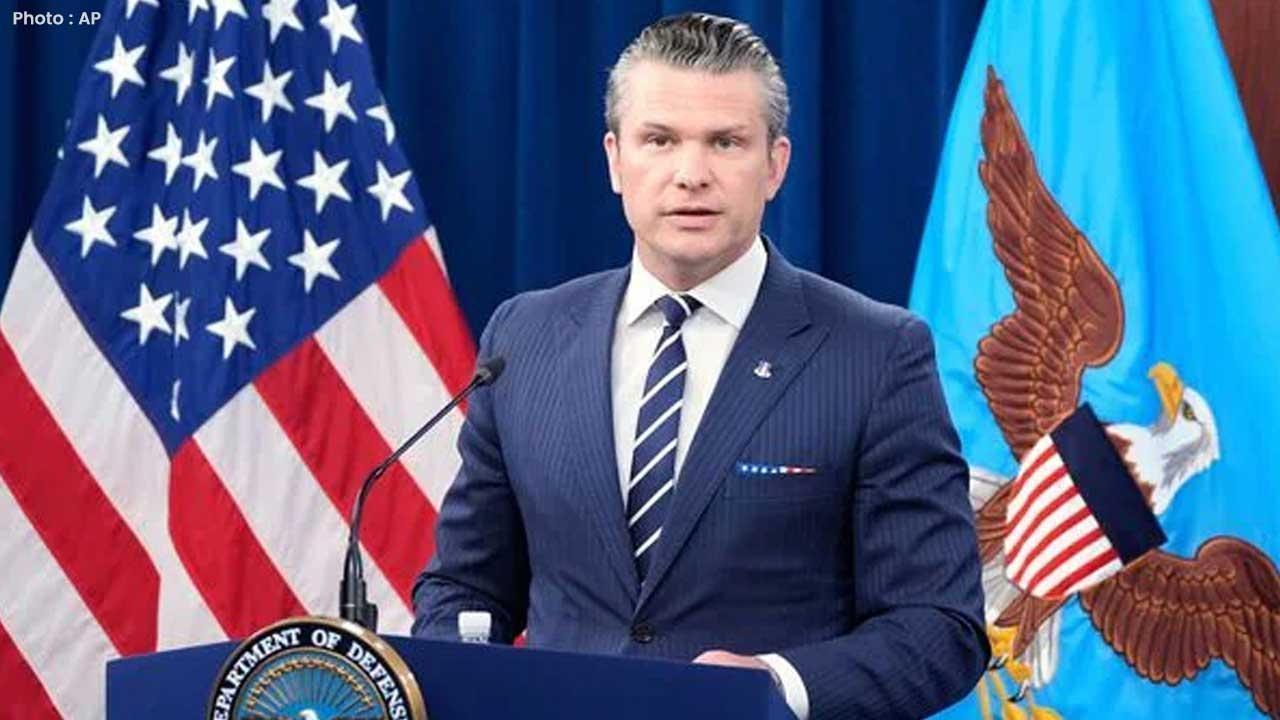
Post by : Vansh
As the global environment continues to deteriorate under the pressures of industrialization, deforestation, pollution, and climate change, it is clear that humanity must take bold and immediate steps to protect the planet. The time has come not just to preserve—but to revive, reclaim, and restore what has been lost. These aren’t just buzzwords. They are the new rules of environmental survival, designed to secure a sustainable future for generations to come.
Today, the Earth faces multiple interconnected environmental crises. Climate change is intensifying, oceans are warming and acidifying, glaciers are melting, and once-rich ecosystems are dying. We are witnessing the collapse of biodiversity, with an estimated one million species at risk of extinction due to human activity.
This fragile state of our planet demands more than reactive solutions. It calls for a proactive, coordinated, and deeply committed global effort to heal the Earth. That’s where the new rules—revive, reclaim, and restore—come into play.
To revive ecosystems means breathing life back into damaged natural environments. This includes reintroducing native species, improving soil health, cleaning polluted rivers, and reversing deforestation. A healthy ecosystem provides clean air, fertile soil, freshwater, and resilience against climate disasters.
Countries like Rwanda and India have initiated large-scale reforestation efforts, turning degraded land back into thriving green spaces. Rewilding projects across Europe are helping species such as wolves, bison, and lynx return to their natural habitats. These efforts prove that revival is not only possible—it’s powerful.
In urban areas, cities are planting more trees, developing green roofs, and creating community gardens. This not only supports biodiversity but also improves mental health and reduces heat islands in crowded cities. Reviving ecosystems is not just about wildlife—it’s about improving the quality of life for all living beings.
The second rule of environmental survival is to reclaim what has been lost to industrial damage, mining, deforestation, and land misuse. This involves cleaning up contaminated sites, repurposing abandoned land for nature or agriculture, and transforming polluted zones into productive and healthy areas.
A great example of reclamation is the transformation of former coal mines into solar farms or green parks. In places like Germany and China, old industrial zones are being converted into eco-friendly housing and sustainable business centers. These reclaimed spaces demonstrate that the past does not have to define the future.
Another key area of reclamation is the ocean. Organizations around the world are working to remove plastic waste from seas and coastlines. Coral reef restoration projects are helping marine life recover, while sustainable fishing practices aim to reclaim balance in overexploited waters.
Reclaiming land and water resources is not only an environmental goal—it’s an economic opportunity. Green jobs, tourism, and agriculture can thrive in restored environments, helping communities rebuild their economies sustainably.
To restore the environment means going beyond mitigation. It is about actively repairing damage, rebuilding natural processes, and creating conditions for ecosystems to thrive again. Environmental restoration includes everything from rebuilding wetlands to planting native grasses in prairies and rehabilitating coral reefs.
One of the most impactful restoration strategies is regenerative agriculture. Unlike conventional farming, regenerative practices enrich the soil, enhance biodiversity, and capture carbon from the atmosphere. This method not only improves crop yields but also contributes to climate change solutions.
Wetlands restoration is another critical area. Wetlands act as nature’s water filters and carbon sinks. They provide habitat to countless species and protect communities from floods. Restoring these habitats helps stabilize ecosystems and strengthen climate resilience.
Governments, non-profits, and corporations are beginning to invest in nature-based solutions. From carbon offset programs to conservation agriculture, there’s a growing realization that restoring nature is far more cost-effective than dealing with the damage caused by neglecting it.
While large-scale policies and corporate initiatives are crucial, real change begins at the community level. Individuals and local groups are leading the way by planting trees, starting clean-up drives, protecting local water bodies, and spreading awareness.
Schools are integrating sustainability education into their curriculum, empowering the next generation with knowledge and purpose. Community gardens, local composting programs, and zero-waste initiatives are proof that grassroots movements can drive impactful change.
Technology also plays a role in community engagement. Mobile apps, social media platforms, and online campaigns are allowing more people than ever to get involved in the green movement. Environmental survival is no longer a passive ideal—it is an active, growing culture.
The content provided in this article is intended for general informational purposes only. While every effort has been made to ensure accuracy and relevance, MiddleEastBulletin does not take responsibility for any actions taken based on this information. Readers are encouraged to consult environmental experts or official sources for specific guidance.










Pageau's Overtime Goal Propels Islanders to 4-3 Victory Over Golden Knights
In a thrilling overtime finish, Jean-Gabriel Pageau leads the Islanders past the Golden Knights 4-3,

MLB Awards: deGrom and Acuna Jr. Shine as Comeback Players
Jacob deGrom and Ronald Acuna Jr. celebrated MLB Comeback Player Awards, alongside Ohtani and Judge

Portugal Confronts Ireland in Pivotal World Cup Qualifier
Portugal, led by Cristiano Ronaldo, faces Ireland in a vital Group F World Cup qualifier that could

Haaland's Brilliance Leads Norway to 4-1 Victory Against Estonia
Erling Haaland showcases leadership as Norway crushes Estonia 4-1, boosting their World Cup ambition

Hawks Triumph Over Jazz; Suns and Raptors Secure Victories
Hawks' Onyeka Okongwu and Jalen Johnson lead in a thrilling win against Jazz; Suns and Raptors also

Indian Men's Recurve Team Clinches First Asian Gold in Nearly Two Decades
The Indian men's recurve team triumphed over South Korea, securing their first Asian gold in 18 year